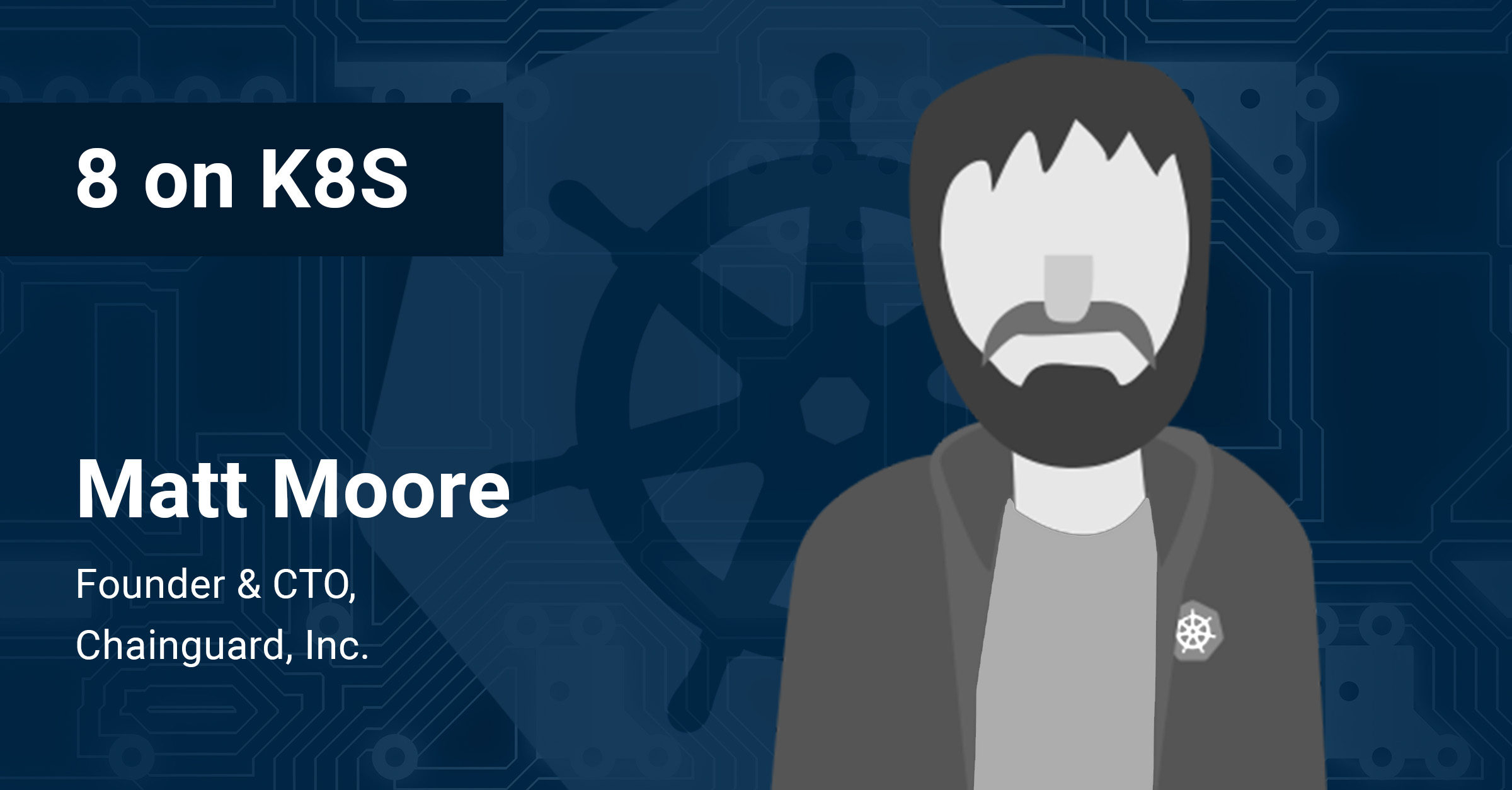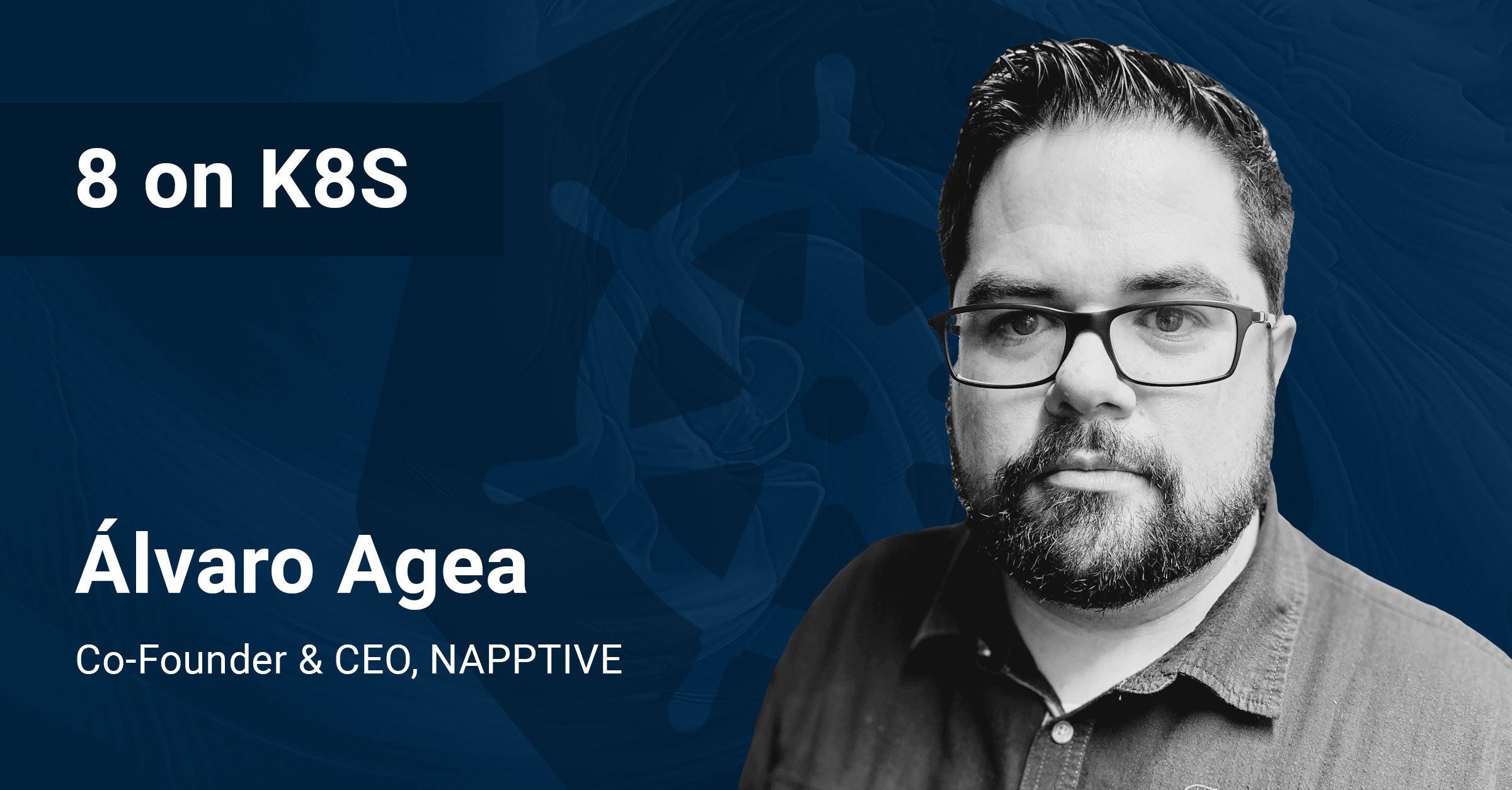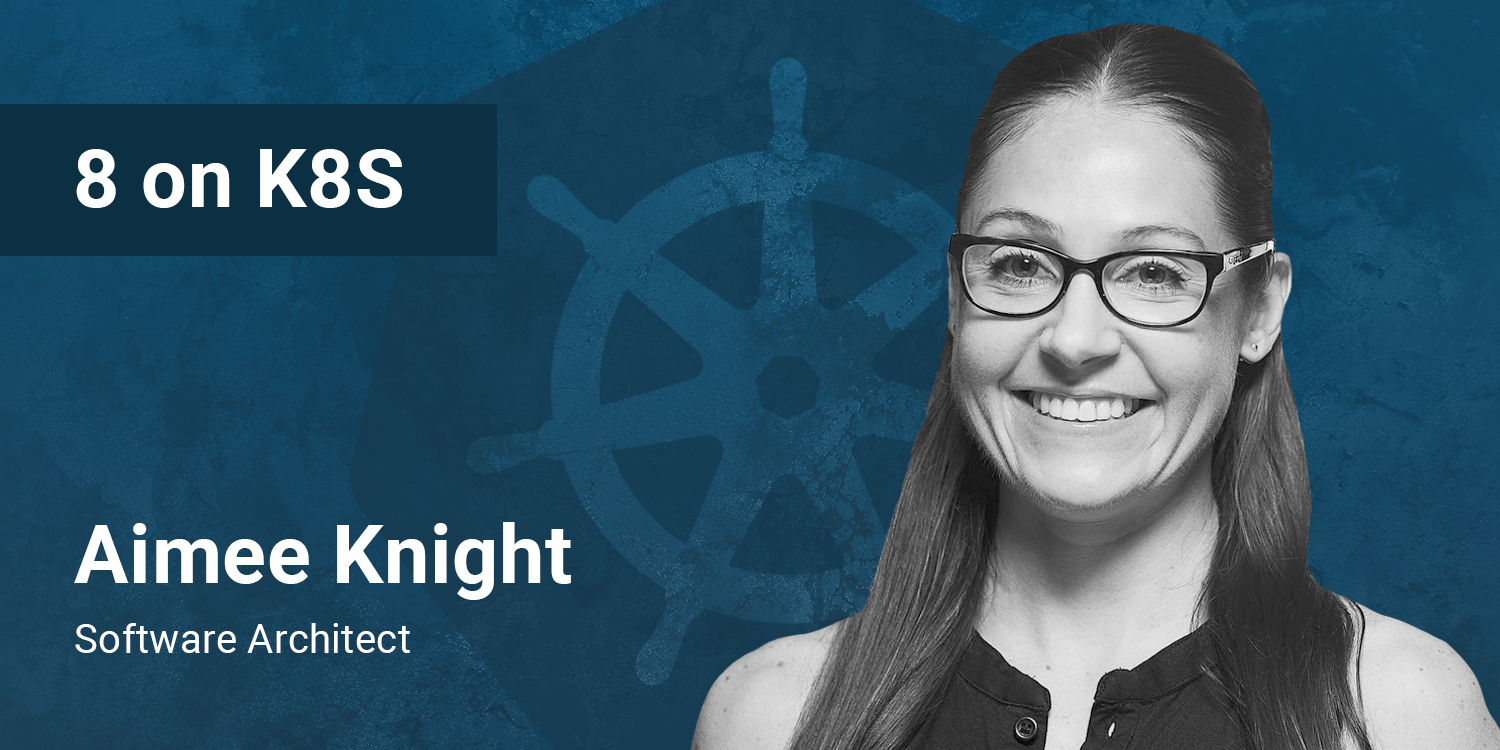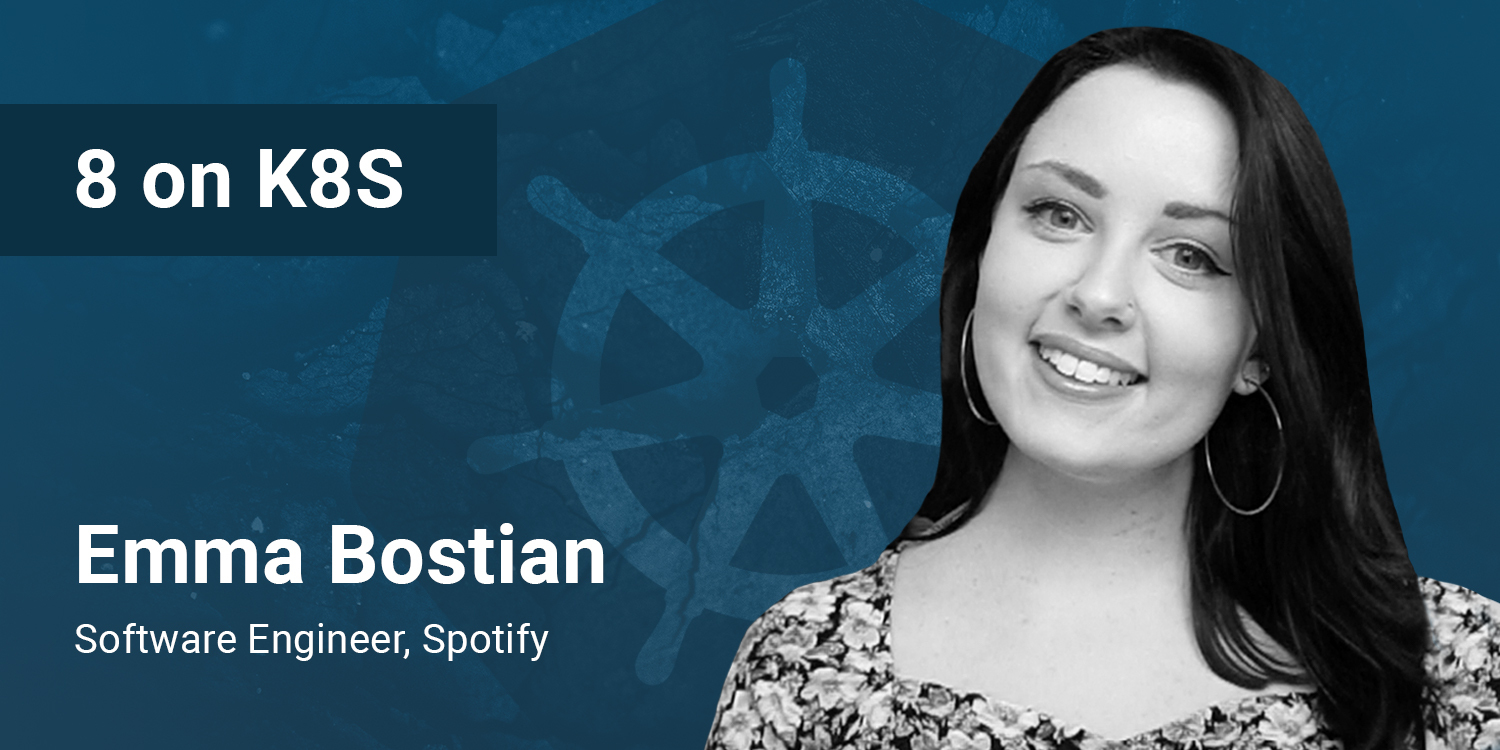8 on K8s with Matt Moore
by The Team @ Giant Swarm on Sep 22, 2022

Welcome to our series 8 on K8s where we interview interesting people in the Kubernetes community. In fact, check out our previous one with Natan Yellin. If you’d like to be featured or know someone who’d be a great fit, tweet us and spread the love.
Matt is the founder and CTO of Chainguard, Inc. Prior to Chainguard, Matt started and maintained a number of popular open source projects (incl. Knative, Tekton, GGCR, ko, distroless and more) and Google Cloud products (incl. gcr.io, container analysis, cloud run). Prior to Google, Matt worked on compiler optimization at Microsoft. Matt lives in the greater Seattle area with his wife Jeanne, daughter Gemma, and puppy Charlie.
What’s the last book you read?
The Secrets of Sand Hill Road.
What problem are you trying to solve?
Make the software supply chain secure by default.
What’s an interesting trend you’ve observed in our industry?
The 'default' values you choose for your platform will become pervasive. Most systems end up choosing values that bias significantly towards adoption (e.g., ease of use) at the expense of other areas (e.g., security), but once they've gotten significant adoption, users need to effectively relearn how to configure those systems properly. The best tools are ones that codify best practices as their default, and folks have to go out of their way to NOT adhere to that best practice. Configuration knobs should be like an 'exception process'; you should have a good justification for each knob you need to turn. You can think of this in terms of aligning incentives. As a user, I want to write less config, and the less I write, the closer I am to those good defaults.
What’s the last thing you read about our industry that got you really fired up?
Sigstore's keyless signing, and the potential for it to do for software signing what Let's Encrypt did for TLS on the web. The timing also couldn't be better because of the massive volume (and growth) of attacks we're seeing on software supply chains.
What do you do that helps you maintain balance in your life?
I've never been great at balance, but I feel like the shift to working from home has helped me. It's easier to shut off or ignore interruptions from the various messaging platforms and prioritize the 'real life' interruptions in person. Working in an office flips this around, and makes it easier to miss or ignore 'real life' interruptions. I'm also fortunate enough to have an office at home and childcare coverage so that most of the 'real life' interruptions I get during the day are limited to urgent things.
What’s the biggest risk you’ve ever taken?
Probably starting a company, but it's been a ton of fun so far! Prior to that, it was likely quitting my job at VMware without any clue what I'd do next.
Who do you look up to in the industry?
Kelsey Hightower. He is humble, approachable, nice, patient, and incredibly smart.
Can you hold two contradictory thoughts in your mind simultaneously without feeling uncomfortable?
I'm a big believer that nothing is black or white, it's all grayscale. Most decisions hinge on the trade-offs across a set of options, and sometimes this is clearer than others, but usually, it comes down to making the most informed decision you can for a particular situation based on what you know about how things trade-off.
You May Also Like
These Related Stories

8 on K8s with Álvaro Agea
Welcome to our series 8 on K8s where we interview interesting people in the Kubernetes community. In fact, check out our previous one with Matt Moore. …

8 on K8s with Aimee Knight
Welcome to our new series 8 on K8s where we interview interesting people in the growing Kubernetes community. It’s our hope that we encourage an ongoi …

8 on K8s with Emma Bostian
Welcome to our series 8 on K8s where we interview interesting people in the Kubernetes community. In fact, check out our previous one with former prof …